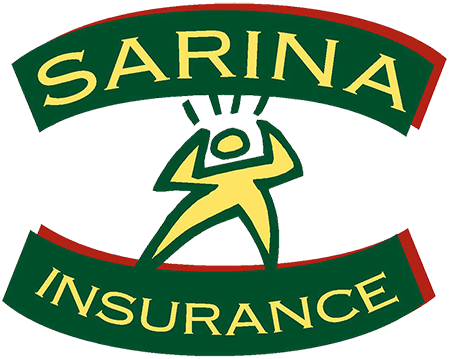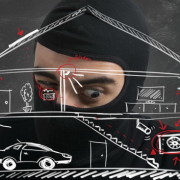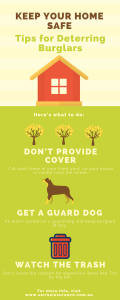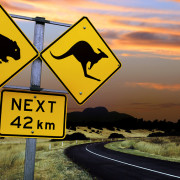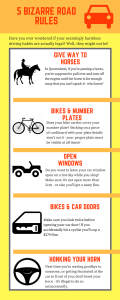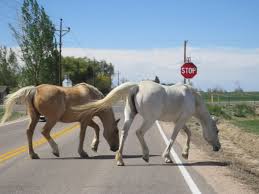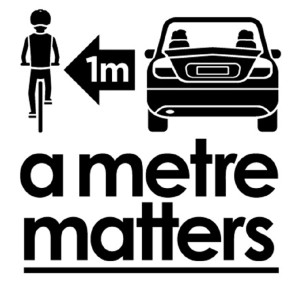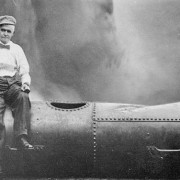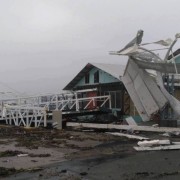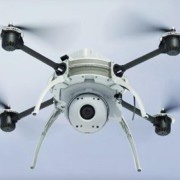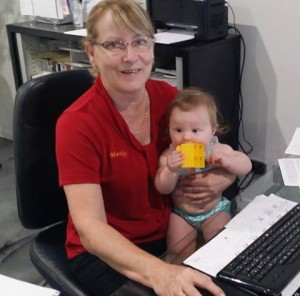5 Ways to Keep Your Home Safe From Burglars
In the last year, 335,700 Australians had their home broken into.
Your house is your most valuable possession, but even if you’re only renting, chances are, all of your worldly goods are locked away in your home. Proper home and contents insurance will protect you financially if you become the victim of a home robbery, but, these simple tips will help keep potential burglars away.
1. Lock Your Doors
Did you know that as many as 55% of Australians admit to forgetting to lock their doors and windows when they go to bed or leave the house?
Not locking your door makes it easy for anyone to walk straight into your house. A locked door is the first deterrent for burglars, especially if your door doesn’t have a lock that’s easy to pick. Also, if you want to hide a spare key somewhere, maybe avoid hiding it under your doormat…
While we’re on the topic of doors, according to the Australian Bureau of Statistics, 60% of people who had their home broken into had one of their windows or doors tampered with. Install flyscreens and upgrade your doors and windows where possible to make sure they can’t be easily broken.
2. Don’t Provide Cover
The last thing burglars want is to be caught mid break-in by your nosy neighbours. Make it hard for them to be discreet by cutting back any trees or bushes that hide the front of your house, and install motion lights and sensors so they can’t lurk in the shadows.
3. Don’t Forget the Garden Shed
If a burglar can’t get in your front door or windows, the next step they’ll take is to find any tools, ladders or equipment that can either help them break in or that are valuable enough to make pinching them worthwhile.
Always make sure your garden shed and garage are securely locked, have motion sensored lights, and try not to leave any ladders lying around your property.
4. Don’t Advertise Your Valuables
Contrary to everything your mum taught you growing up, taking out the trash isn’t always the best idea. If you’ve just purchased a new TV or gaming console, don’t take the boxes out until your rubbish is due for pick-up.
If you need to get them out of the house, make sure they’re ripped up and hidden safely inside the bin and aren’t hanging out, or worse yet, sitting next to the bin for the world to see.
5. Up Your Defences
Have you got a dog with a killer bark? If you do, make it known. Nobody in their right mind will try to break into a property where they can see a dog that could potentially injure them, or draw attention to their illegal activity.
If you don’t have a dog, don’t stress; an alarm system will work just as well. Plus, if you invest in one with 24/7 monitoring, the alarm company will be notified and will check out any conspicuous activity on your property.
Regardless of how secure your property is, home and contents insurance is still a must for every homeowner and renter. Talk to Sarina Insurance about how we can protect you financially if anyone does manage to break through your home’s defences.
